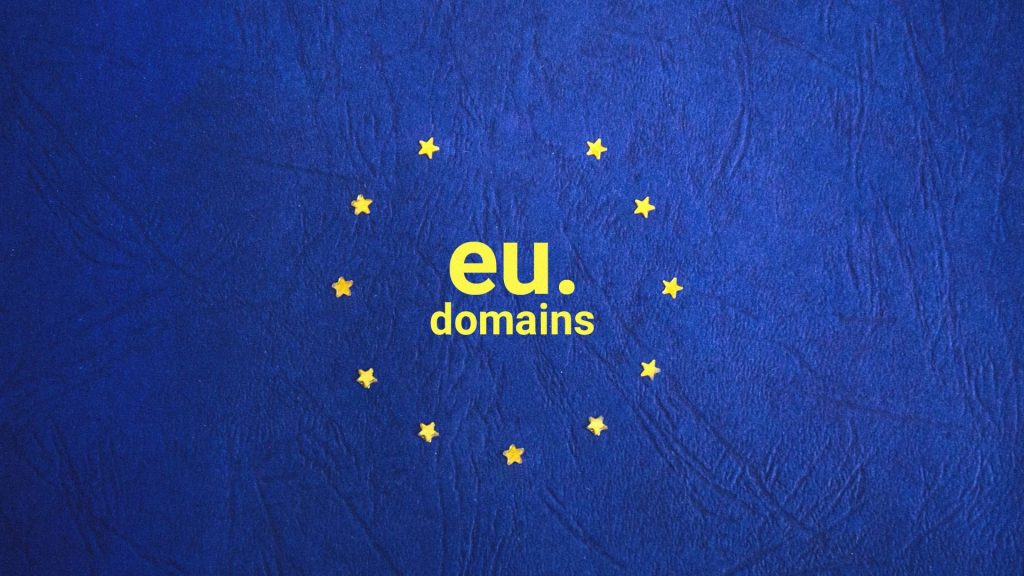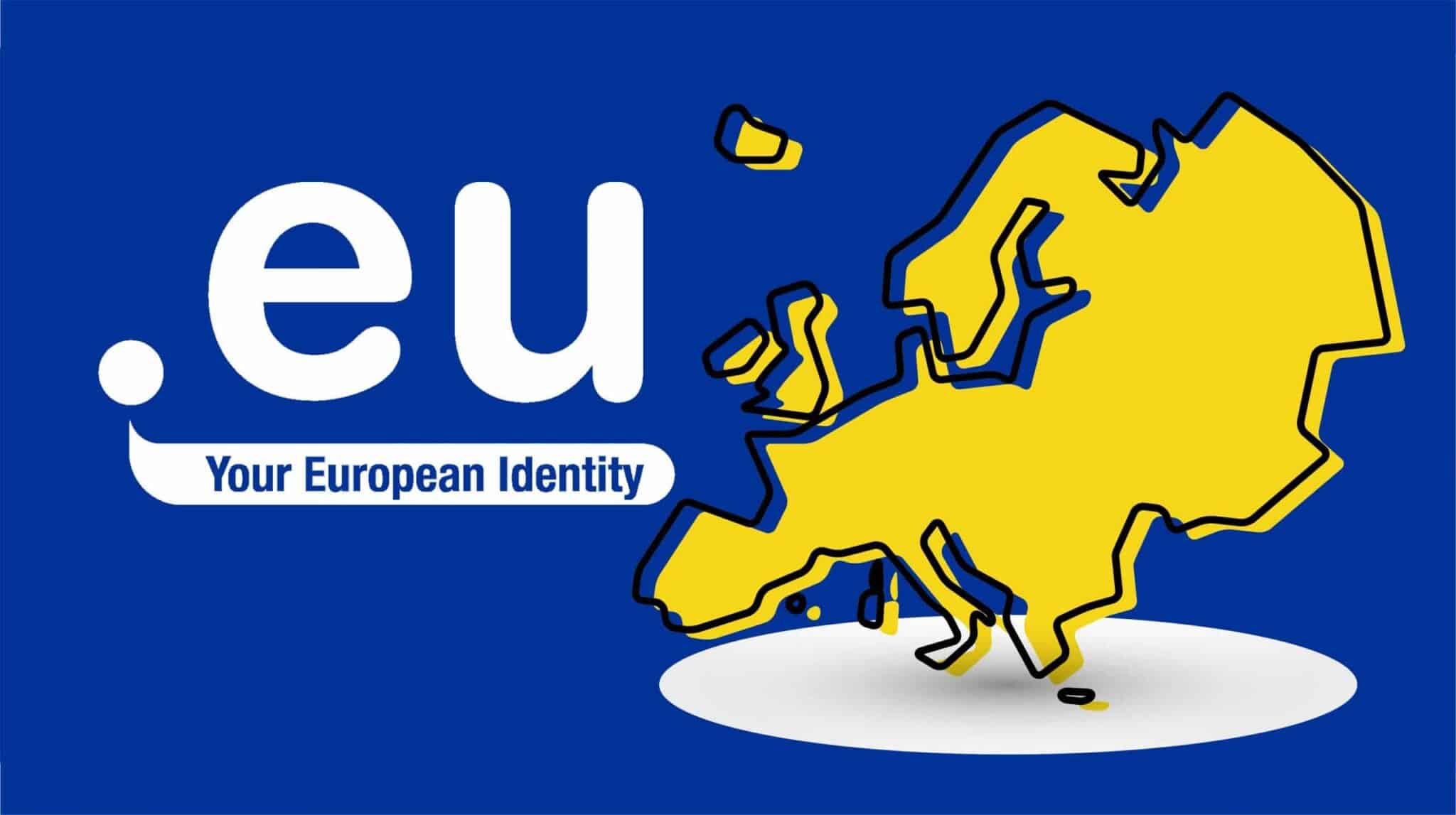Registering a eu domainwhy brands and EU citizens should choose this domain.
In recent years, the number of users who have chosen to use the .eu suffix for one's own domain, in light of the great advantages in this regard. Before delving into the matter, however, it may be useful to refresh one's memory, especially for those unfamiliar with the subject as regards the definition of this service, which is very carefully chosen for a website.
In quite basic terms, the domain consists of an instrument that allows a site to be identified on the network. It can be divided into three parts:
- First levelwhich is the part after the dot. It can be divided into two categories: generics (.com for entrepreneurial activities, .gov government bodies, etc.), and national (.en, ifr, .de concerning precisely the geographical area);
- Second level. It corresponds to the section preceding the dot (i.e. following the word www) adopted to indicate the name of the trade mark;
- Third levelor sub-domain. It is nothing more than a kind of addition to the domain name (contacts.gtechgroup.co.uk, services.gtechgroup.co.uk, etc.).
Registering a eu domain
The .eu suffix is a domain of first national leveli.e. inherent to a geographical area. However, unlike .it, .fr, .de, etc., it is not inherent to a specific nation, but to an institution above the nation states, namely the European Union. Thus, over 400 million citizens and 30 states (27 belonging to the EU plus Norway, Iceland, Liechtenstein) fall under this jurisdiction.

The project, which saw the light of day in early 2006, has experienced strong growth over time, with millions of users and public and private organisations deciding each year to registering a eu domain for their websites.
Why register a eu domain
Registering a eu domain allows companies and freelancers to benefit from a recognition in the European context, thus illustrating their willingness to develop their business activities not only nationally but also on a continental scale. Moreover, this certifies the compliance with current European regulations including the privacy of citizens.
Here is who can join:
- Entities and institutions based within a country that is a member of the European Union or a member of the EEA (European Economic Agreement);
- Persons with residence in an EU country or EEE
Who intends to registering a eu domain can also see through the Whois database whether the desired name is free or already registered by a third party.







